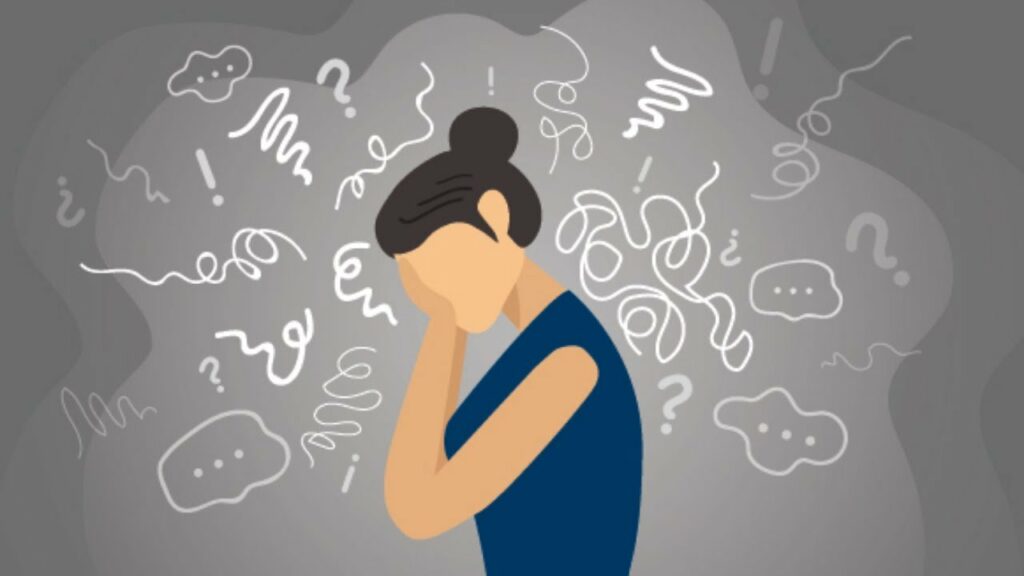Workers who suffer from emotional issues such as anxiety and stress typically cannot be approved for workers’ compensation benefits if they cannot work due to their medical issues. There are many aspects of life in general that can create these problems, and workers’ compensation is generally designed to provide medical treatment for those who are injured physically while performing their designated employment responsibilities.
However, there can be cases involving extenuating circumstances or other injuries that result in mental issues which could present problems returning to work. Additionally, many employers who are exhibiting negligence in the work place in any of a variety of ways could also be liable for mental stress and anxiety stemming from job responsibilities.
Mental Health Conditions May Be Covered Under Workers’ Compensation
There are certain instances when mental health issues are covered by workers’ compensation insurance. However, there are considerable problems that can be associated with any claim. While all states maintain workers’ compensation programs that cover physical stress injuries, most do not allow for emotional stress claims.
In fact, even a repetitive motion physical stress injury claim can be difficult to have approved in many situations. There are too many off-duty scenarios that could contribute to any physical stress injury just as with anxiety or emotional stress even though many occupations do carry a significant risk of both medical issues developing over time directly from job responsibilities.
Proving Stress or Anxiety is Work-Related
The primary issue with winning a workers’ compensation claim based on emotional disorders such as stress and anxiety is proving the employment connection to the problem. All jobs have some level of mental stress even if it comes from the constant movement that is often robotic for some workers.
Monotonous action at work can create mental stress as well as physical stress on the body. Physical injury is typically associated with accidents, and even then the employer will use the investigation requirement in an attempt to divert responsibility and place blame on the worker. This is standard operating practice in factories, and other employers will attempt it when they think they can convince an injured employee to not file a claim.
It can also result in an employer looking for any technical reason they can claim for termination after the fact, which could then be proof of mental stress via a harassment claim.
Other Legal Remedies for Workplace Mental Health Issues
The first step that should be taken regarding a mental stress or anxiety work injury claim is take the case through the state workers’ compensation legal system for a final adjudication. The workers’ compensation system is designed to exempt employers from general damage liability for long-term ongoing medical issues from an injury in exchange for immediate medical coverage and some wage replacement for injured employees while they are unable to work.
General damages are sometimes referred to in injury cases as pain-and-suffering compensation. The best opportunity for many workers who suffer from mental stress or anxiety as a result of their employment is when they can establish standing to sue in a standard state court. Filing a workers’ compensation claim is not technically filing suit against an employer, but is instead a claim for insurance protection when an injury prevents ability to perform job responsibilities.
Proving an Emotional Distress Injury in Standard Court

Just as with any physical personal injury claim, all plaintiffs must establish that there is a medical issue that exists as a first step. The next step is connecting the injury to workplace activity or employment responsibilities.
It is imperative that the plaintiff prove the employer has been “negligent” in some regard. To a point regarding mental injury claims, they must for the most part prove directly that the employer negligence led to development of the mental problem. Indirect causation may not apply even though the overall environment of dominance and control over the workplace makes the operation a very stressful place to earn a living.
Some employers treat their employees badly as policy masquerading as effective company management, but the truth is that treating all employees as mere necessary input amounts to wholesale harassment and negligence for their well-being. Attitudes and policy of management can create a toxic work environment, and courts realize these conditions exist.
The problem is that the legal counsel for the injured must prove this to the court in a preponderance of the evidence.
How a Workers’ Comp Attorney Can Help You
The first issue a workers’ compensation attorney can do is see the case through the workers’ compensation system by establishing some facts that can be used in any potential state court lawsuit. Workers’ compensation insurance coverage is effectively no-fault insurance even if an employer tries to pin blame for an injury on the worker claimant.
The workers’ compensation system deals with medical bill coverage and replacement wages. General damage claims are won based on employer negligence. Your attorney can investigate the case thoroughly, including demanding records releases from employers that could indicate stress being placed on the plaintiff to perform beyond reasonable expectation of their job responsibilities.
Differing Burden of Proof
It is important for anyone who is suffering from stress or anxiety due to their job to understand that personal injury lawsuits are evaluated based on a preponderance of the evidence and not on the reasonable doubt standard burden of proof. The mere fact the case has been brought to court carries weight, and personal injury attorneys rarely accept cases they do not feel they can prove. Preponderance is a much lower level of proof than reasonable doubt.
The truth is that most cases are settled out of court because many employers do not want their employment management tactics revealed to the public. Other employees could follow suit with litigation if the precedent is established.
It is always best to retain a workers’ compensation attorney who also practices personal injury law and has represented prior clients with similar medical issues. Mental stress has long been established as a medical issue, and the evidence attorneys can demand through the court system can ensure your injury claim is professionally evaluated.

